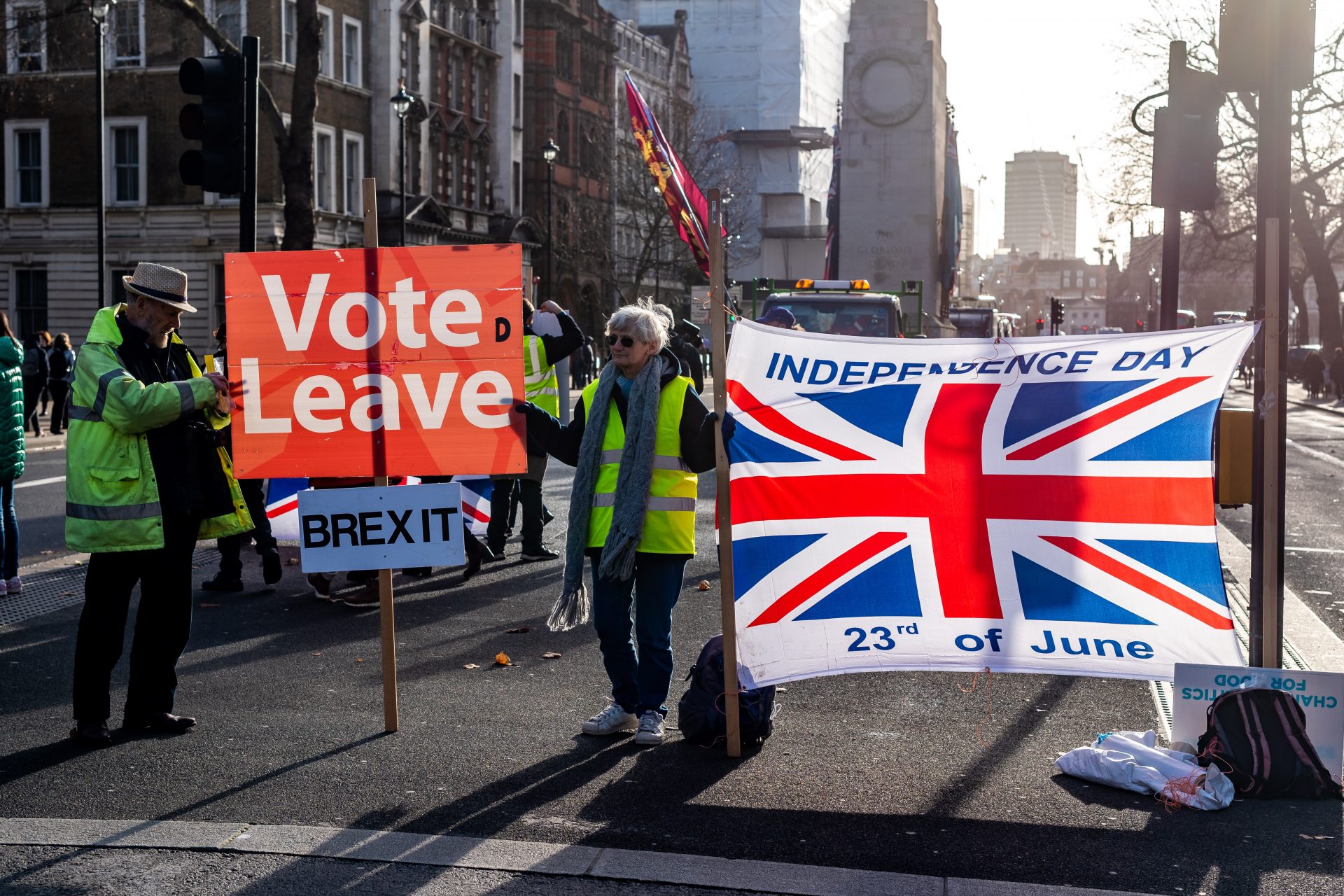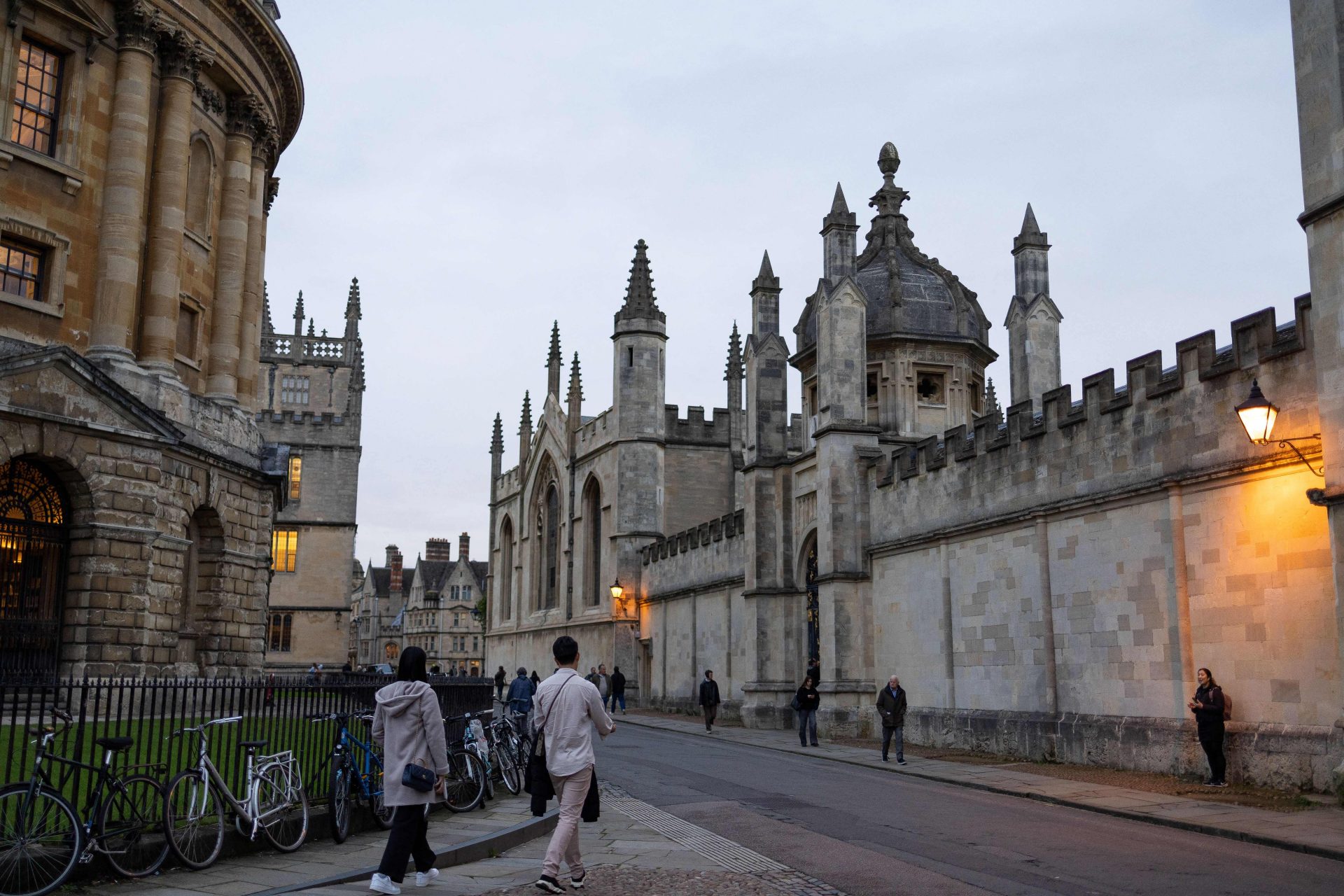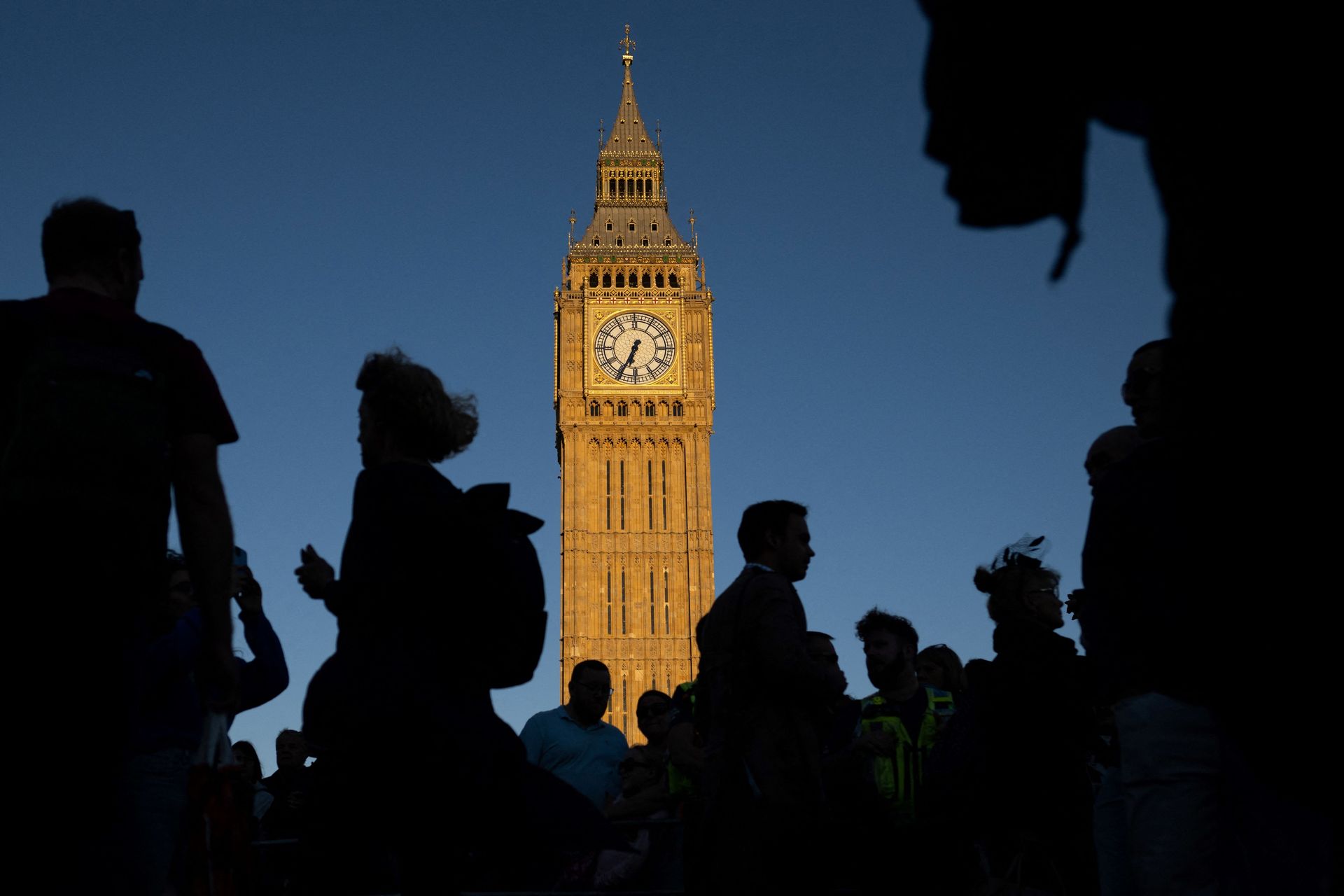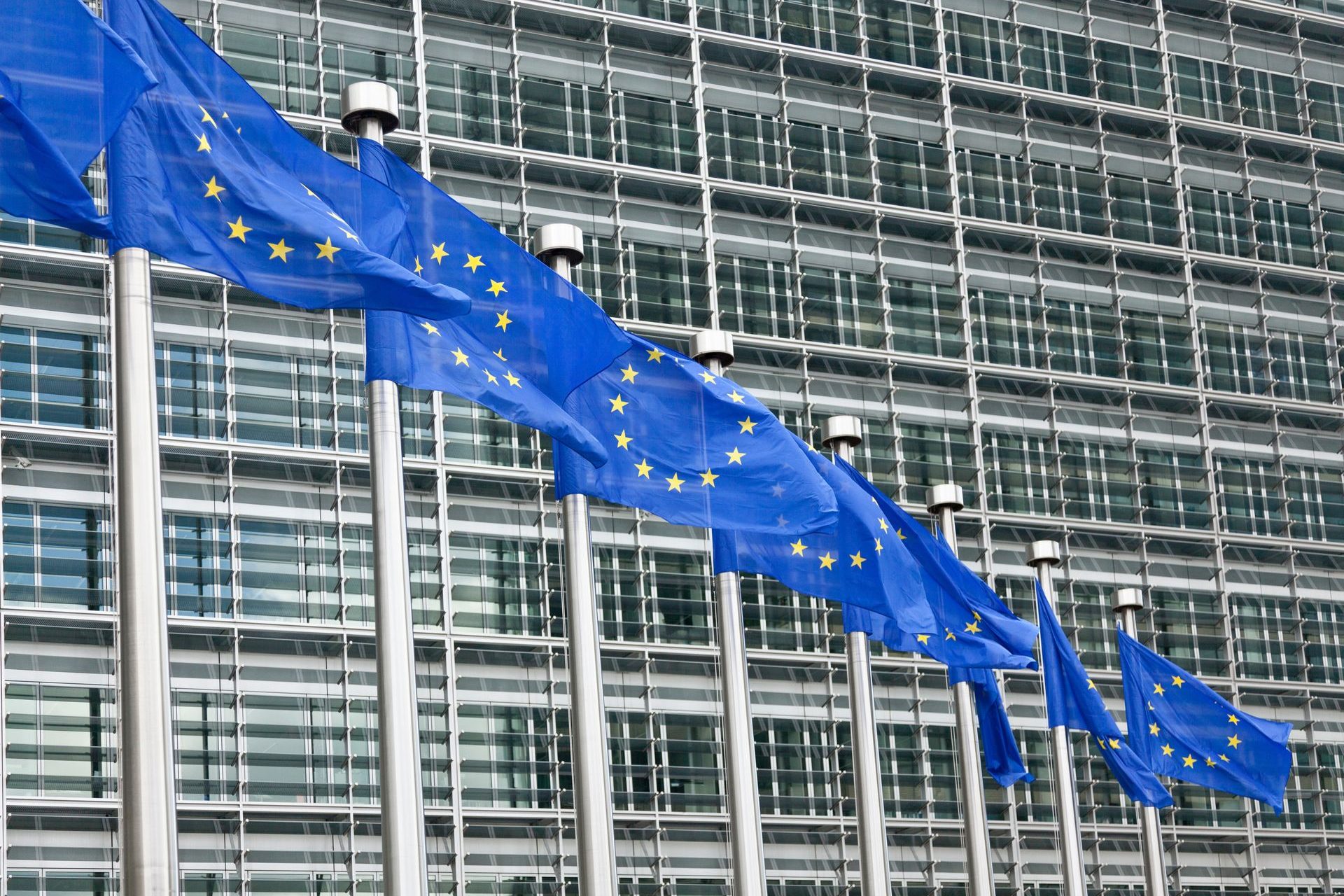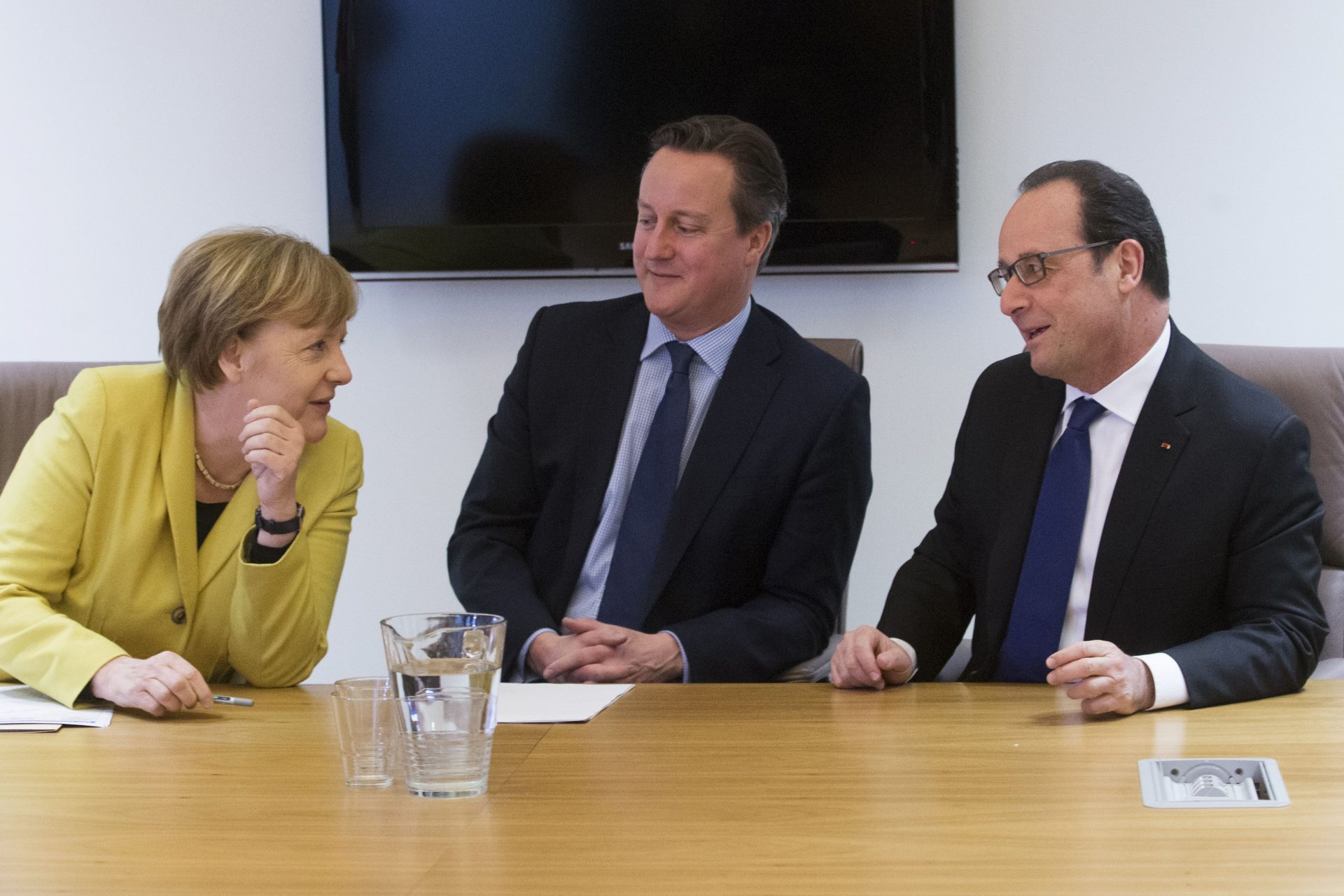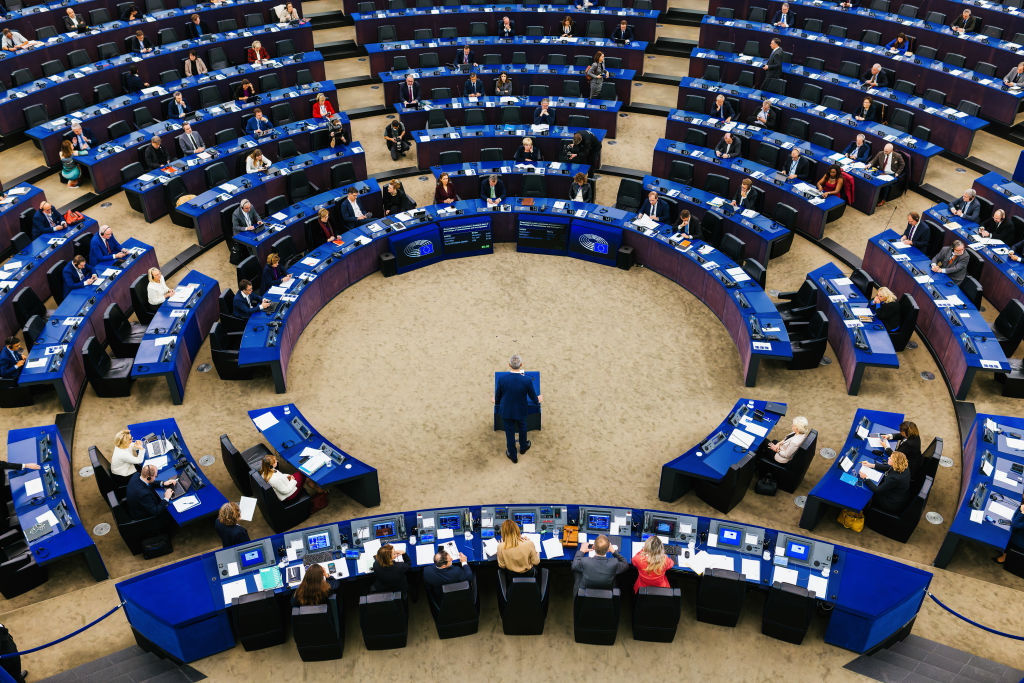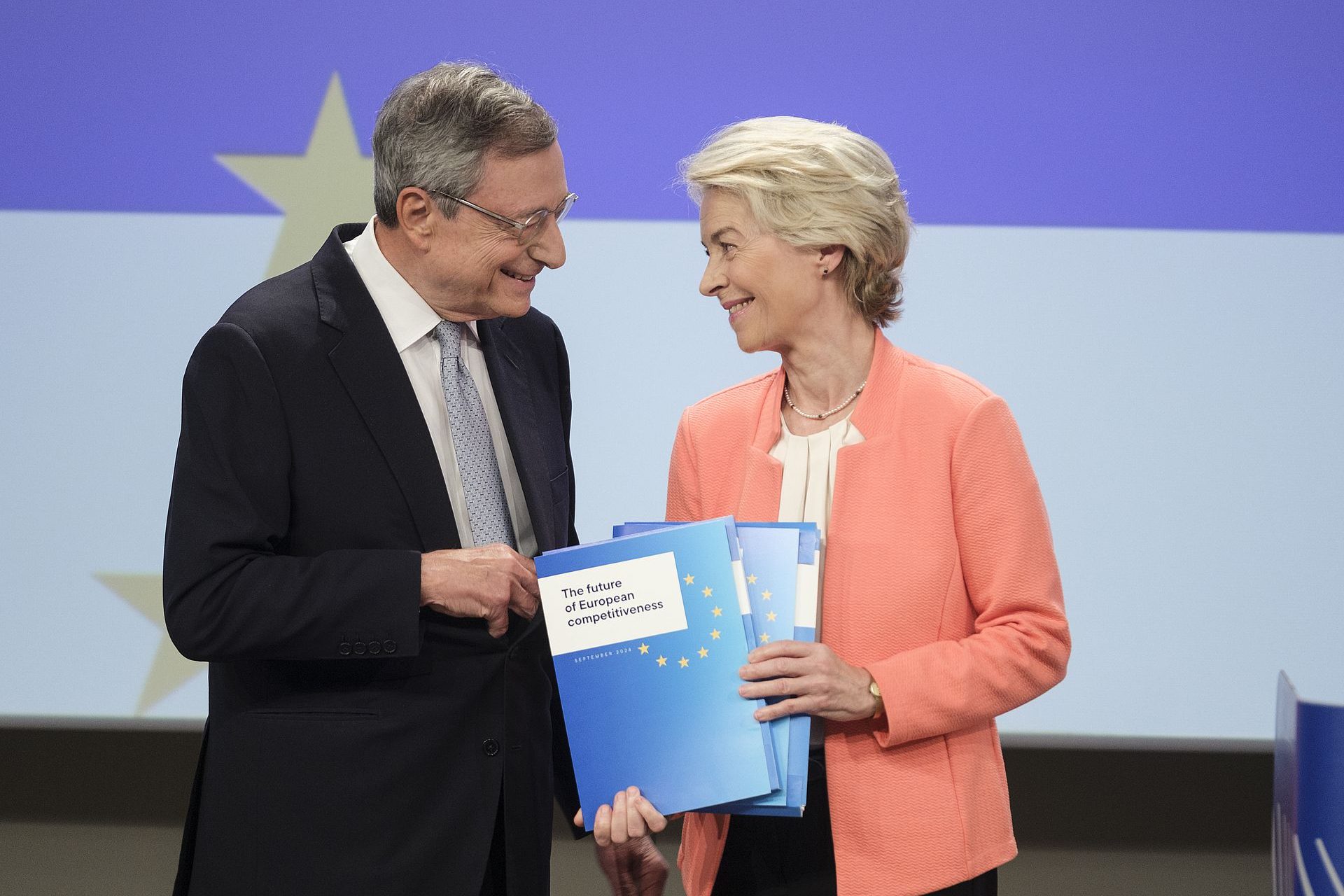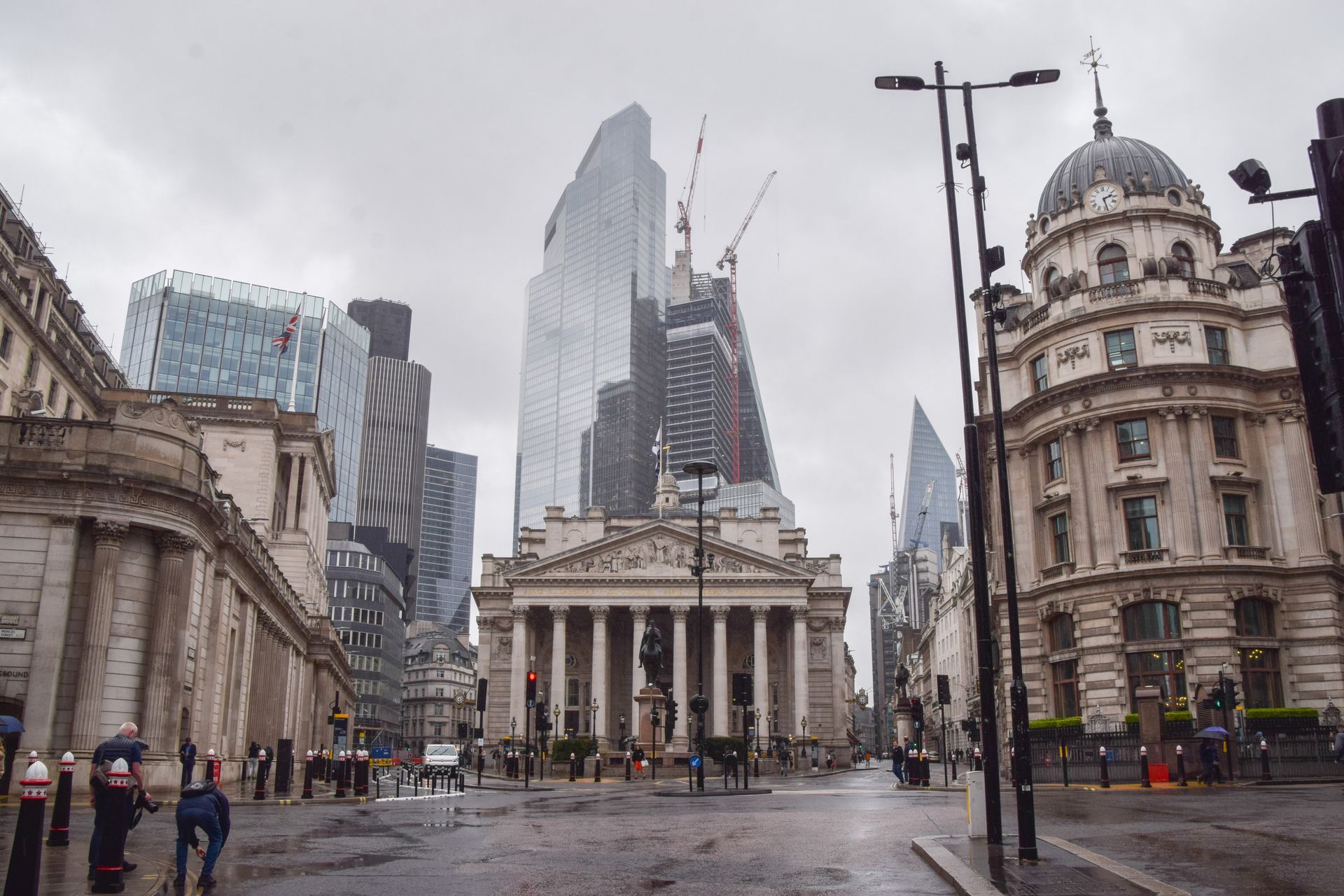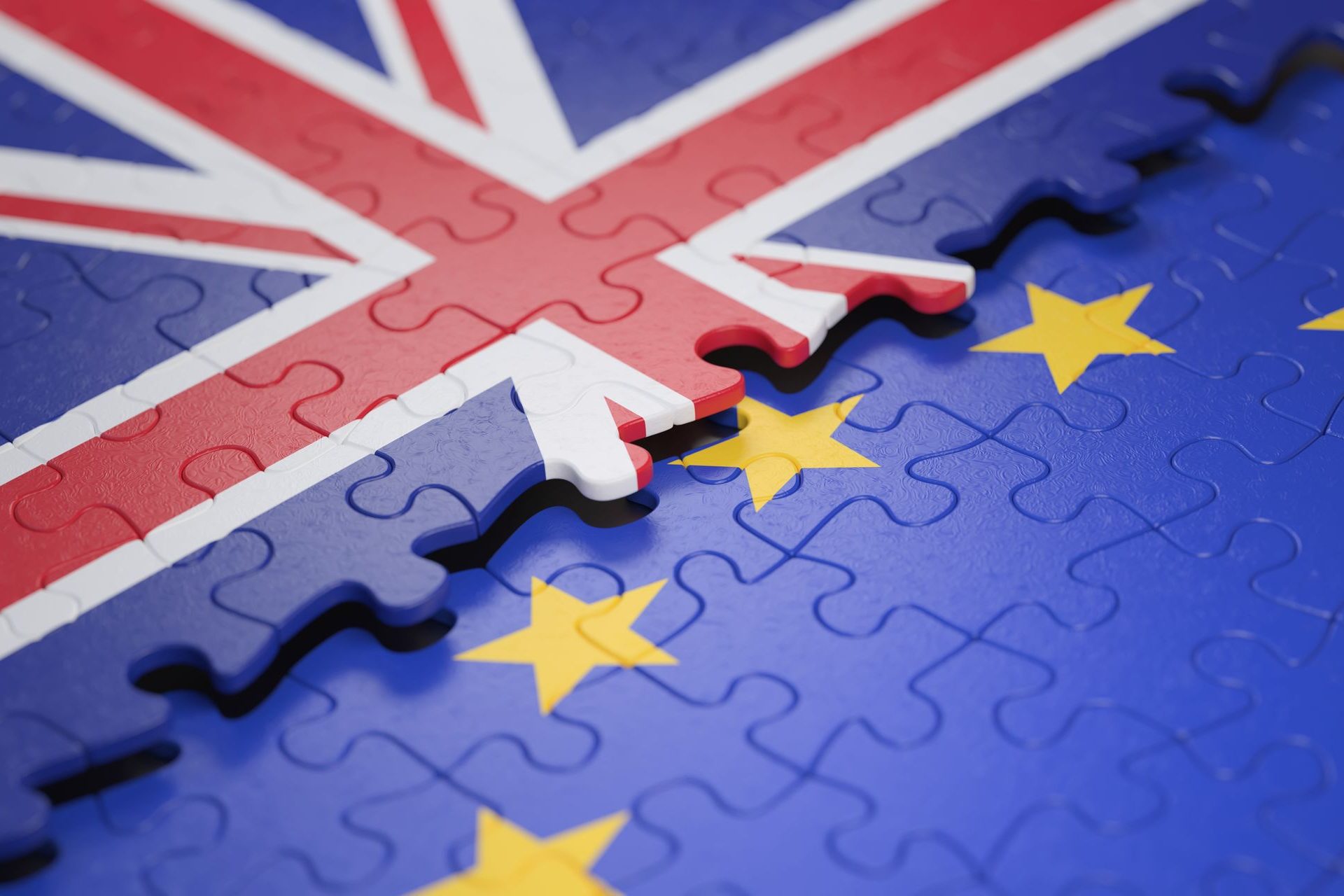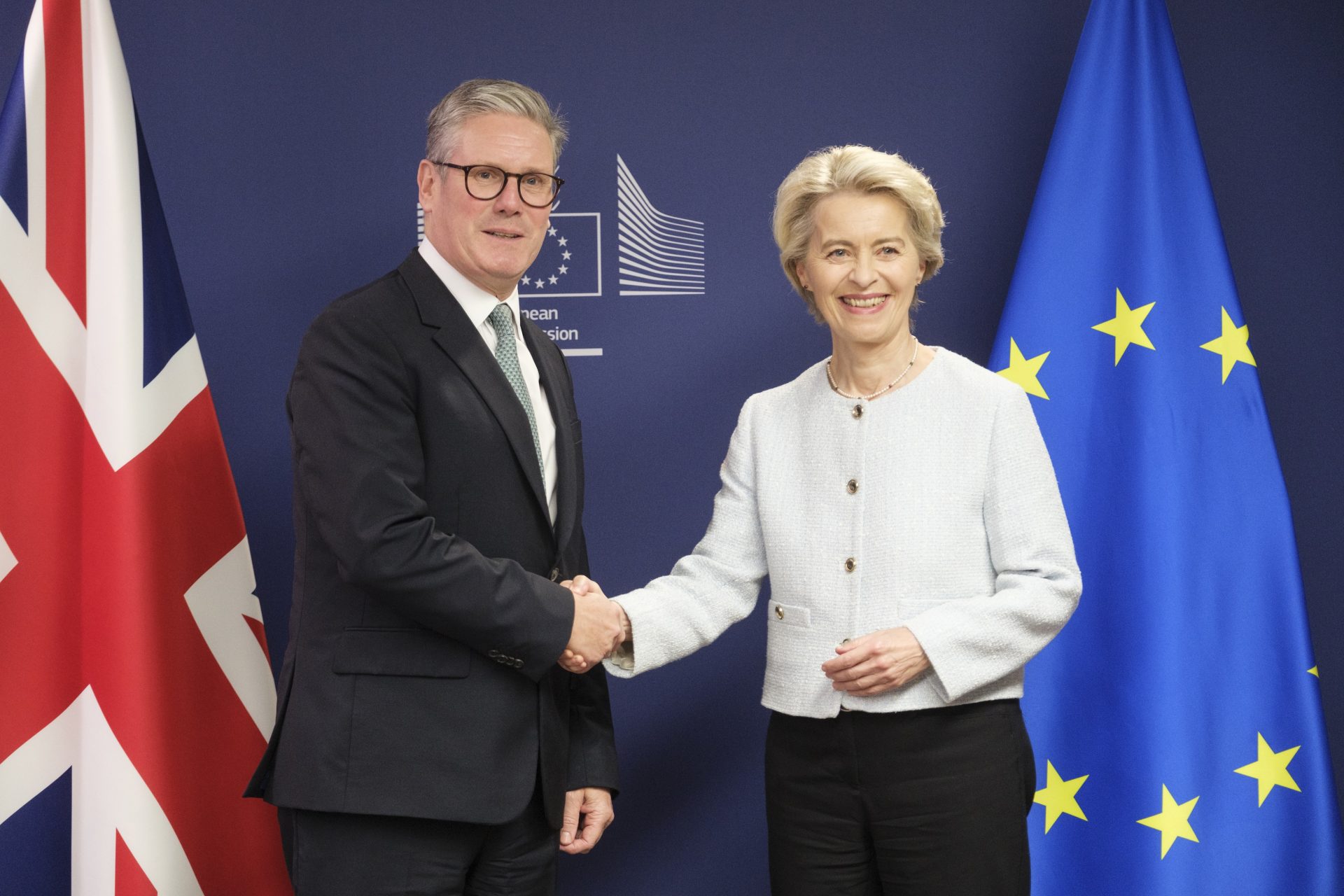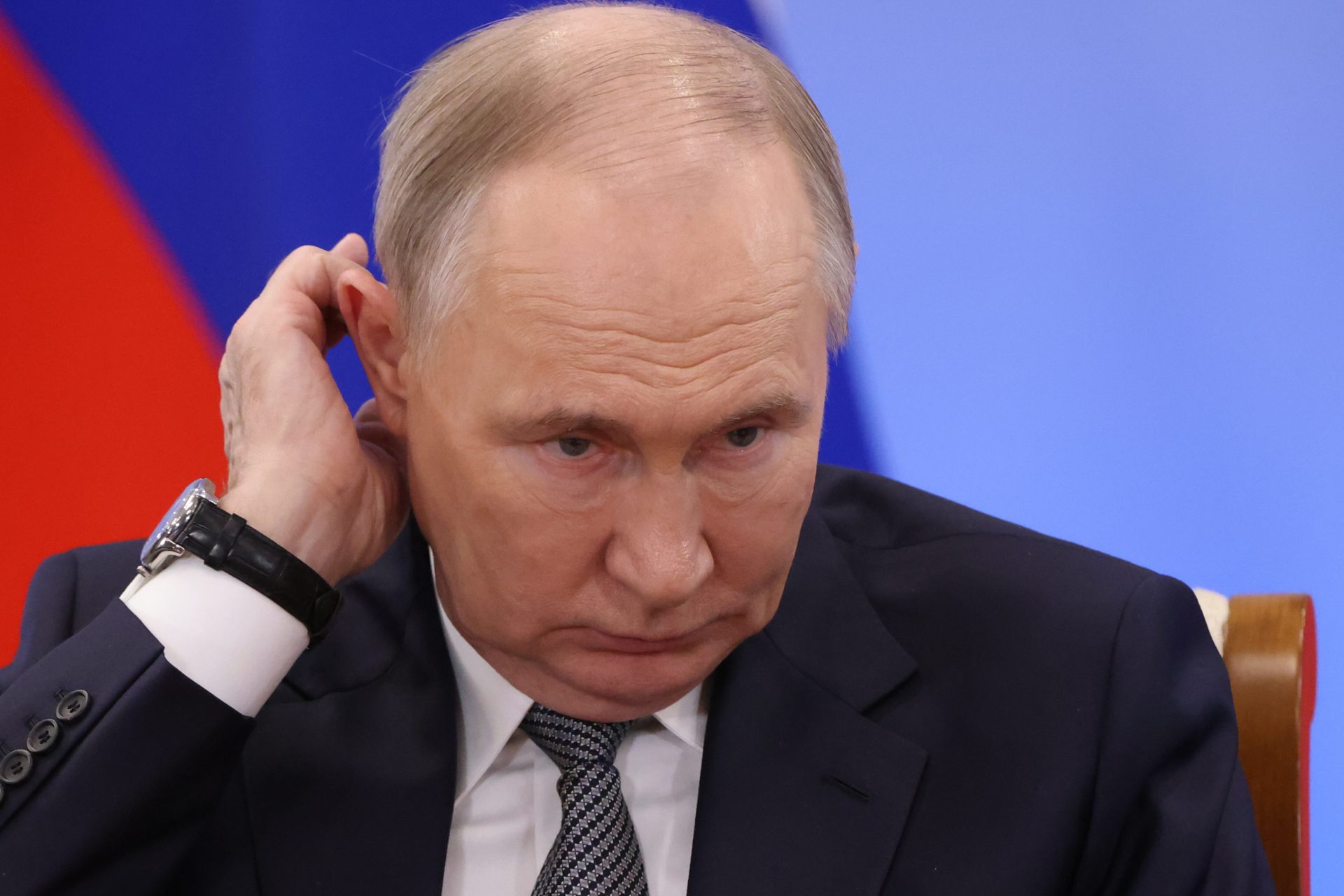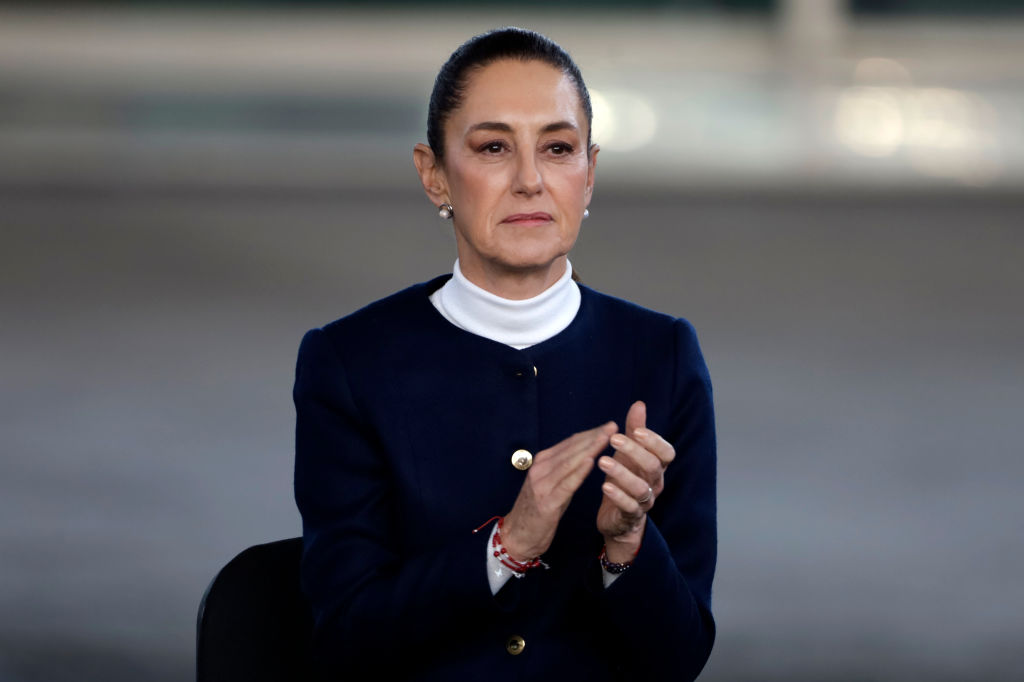Cinq ans après le Brexit, le Royaume-Uni laisse un vide au sein de l'Union européenne
The United Kingdom officially left the European Union five years ago, following a lengthy process of negotiations that began with the June 2016 referendum.
The effects of Brexit in the United Kingdom have been widely commented on. Formerly one of the main economic and military powerhouses of the European Union, the UK leaving has also resulted in a loss for Europeans.
While EU citizens were able to travel and move to Britain before Brexit freely, they have been required to obtain a residence permit and a work visa since 1 January 2021.
“The referendum really changed the way European migrants saw their future in the UK, they no longer felt welcome”, Robert McNeil, a researcher at the University of Oxford's migration observatory, told France24.
“And once Brexit came into effect, it became difficult to understand why a European would choose to go to the UK rather than somewhere else in Europe,” the expert adds.
Furthermore, mainland students no longer can travel across the English Channel as part of European exchange programs such as Erasmus.
British authorities reveal that UK universities had 37% fewer European students in 2022-2023 compared to 2020-2021. A decline that came along with a surge in the number of students from other parts of the world.
“The visa process was difficult. It was also different, cost-wise. I know that it was different before, we paid a lot less,” Hugo, a French student living in London, said to Canada's CBC.
An article in The New Statesman looked into a less common but still important question: How has Brexit affected the European Union?
“Brexit has shaken up the political works of the EU”, The New Statesman writes. “The subtle balance that has long reigned there, between liberal northern countries and more statist southern and western nations, has shifted with the exit of the United Kingdom”.
Since the departure of the British, “the level of the laws has eroded, with notable implications in the fields of technology and the environment”, summarizes Courier International.
The New Statesman believes that, if the UK remained within the EU, there would be a “more pragmatic” approach to certain important pieces of legislation, such as the Green Deal or the act on corporate supply chains.
While the City of London remains Europe's leading financial center, the “dynamic push for an integration of financial markets has died down”. This continental unity could have been decisive for the financing of European companies.
The New Statesman highlights that the disappearance of this relationship results in European underinvestment in the latest technologies. The current context is marked by Europe's delay compared to the United States and China.
Eric Albert, the correspondent for the French newspaper Le Monde in London, explains that “the EU also lost the second-largest economy in the zone, a military powerhouse, and a direct line between the United States and Europe”.
The new British Prime Minister, Keir Starmer, wants to renew relations between London and mainland Europe, particularly in trade and the military. However, the UK's return to the EU is not part of the plan, in the foreseeable future.
More for you
Top Stories



